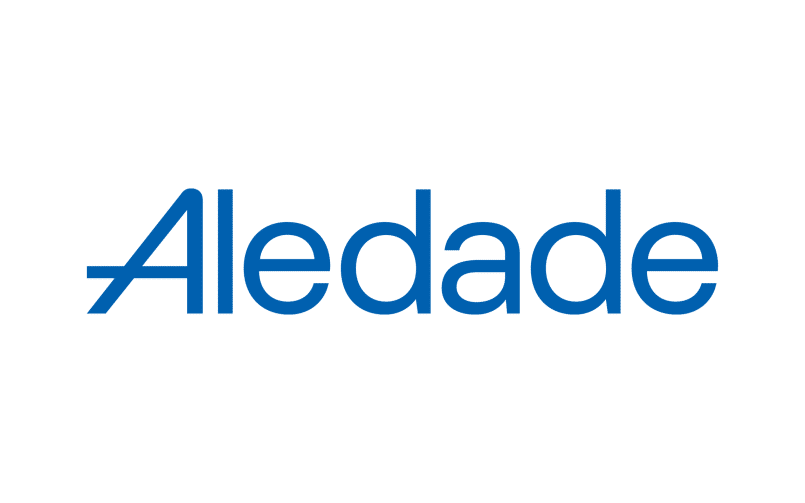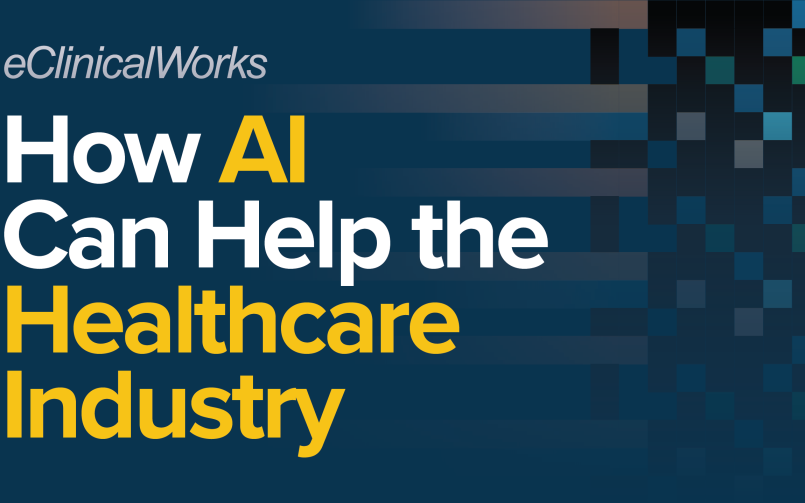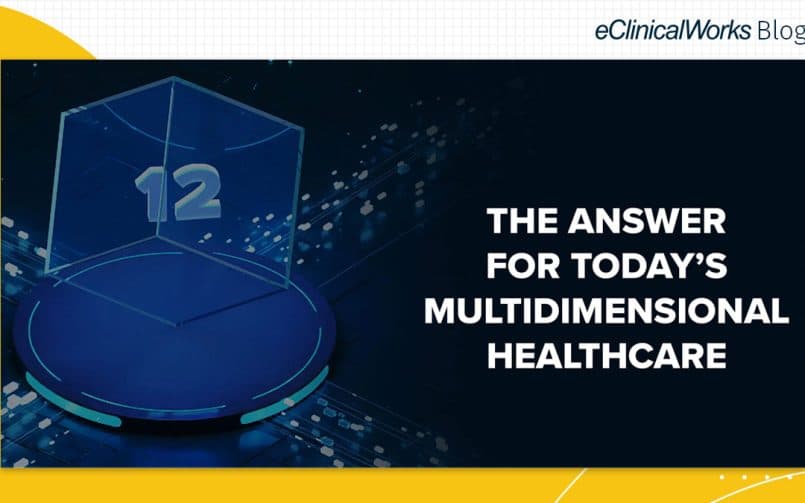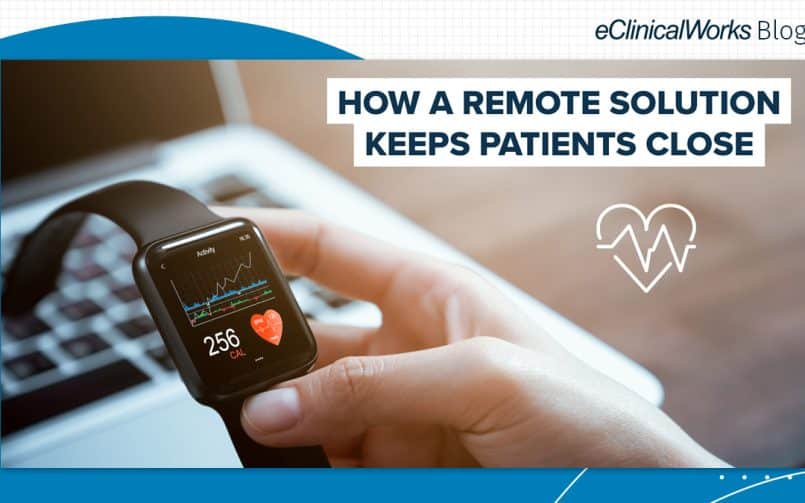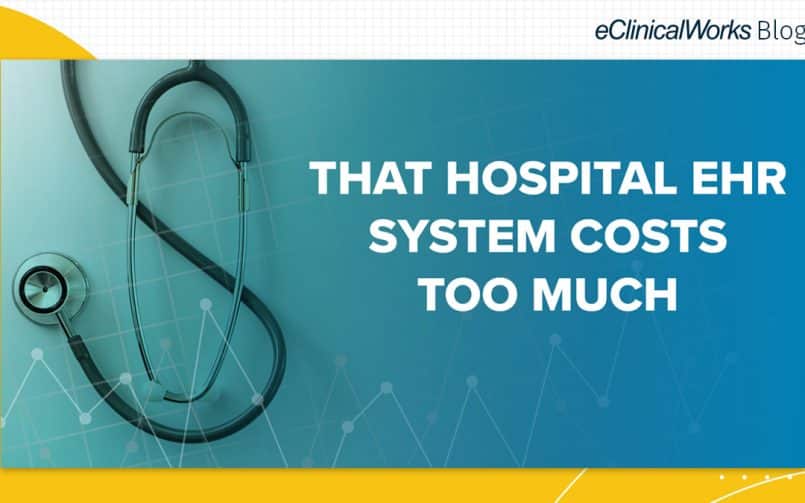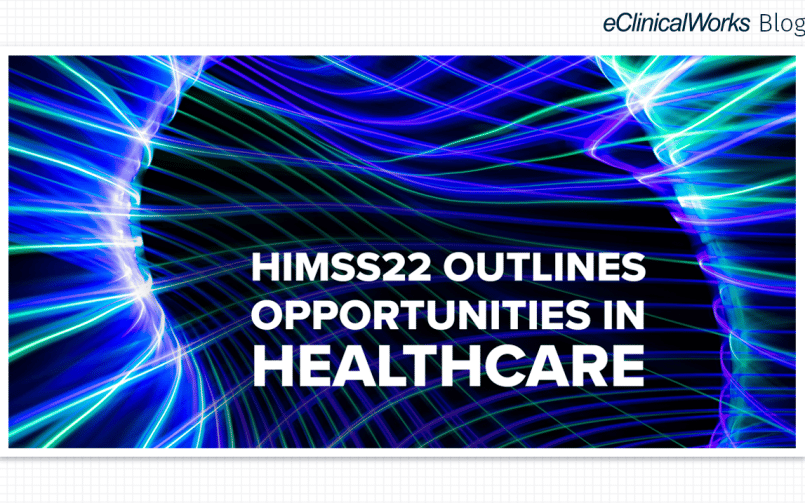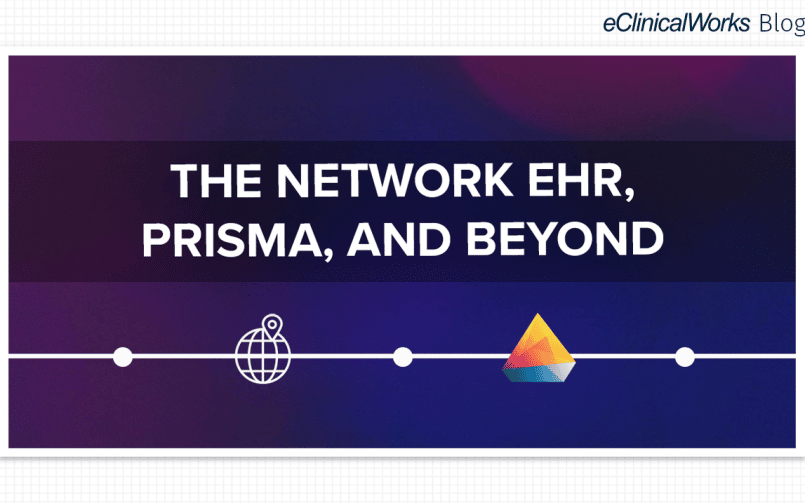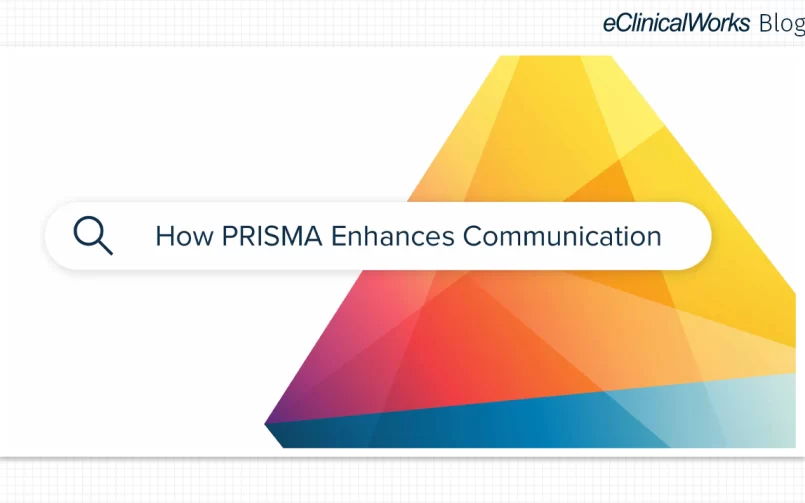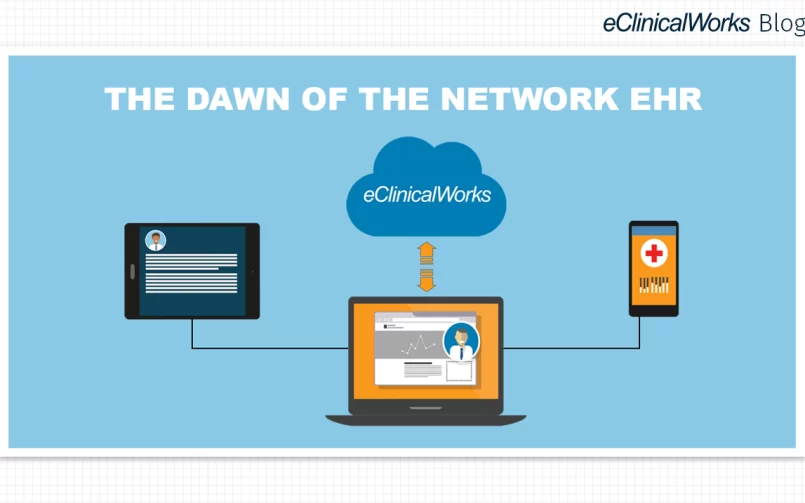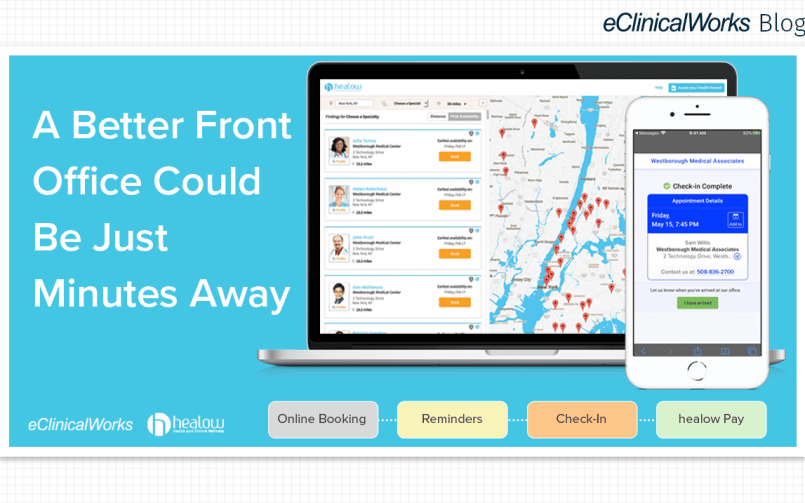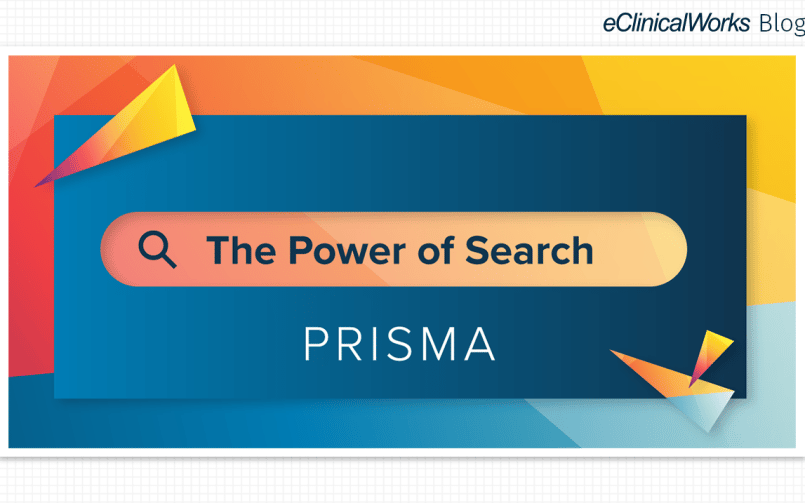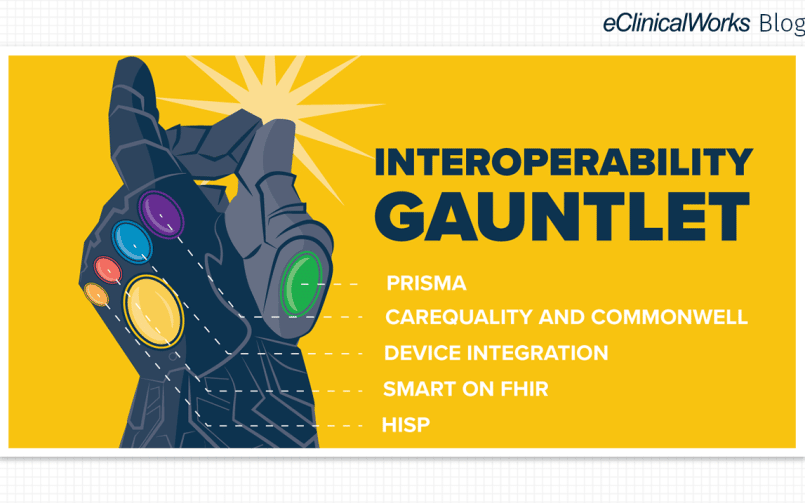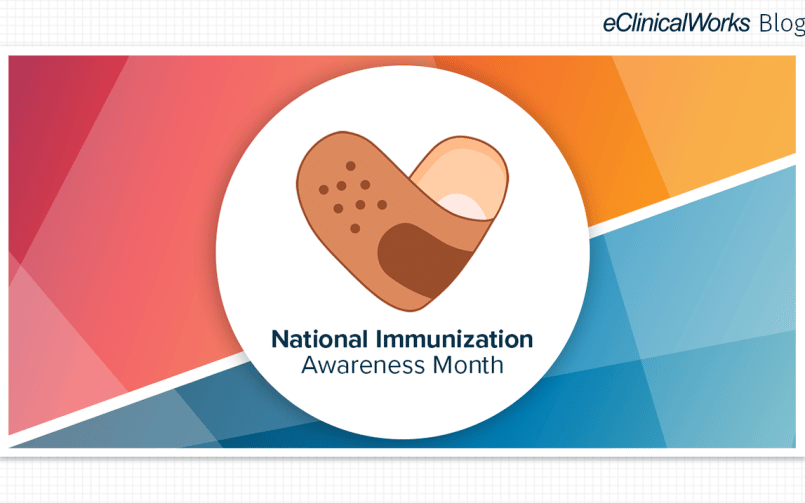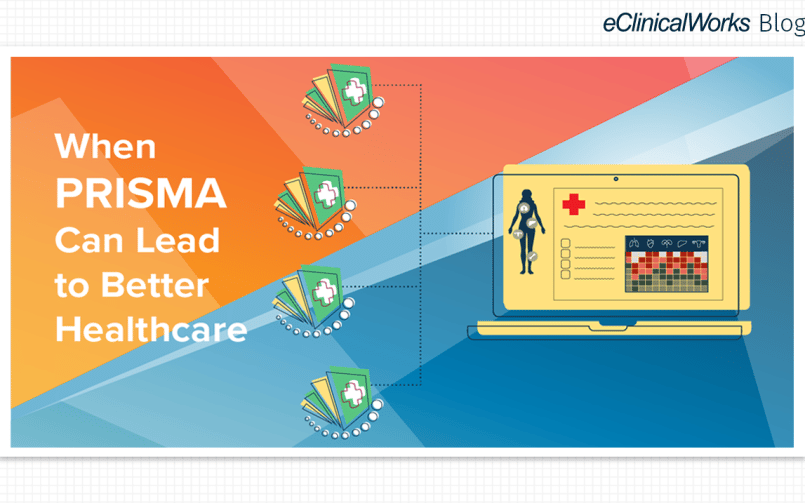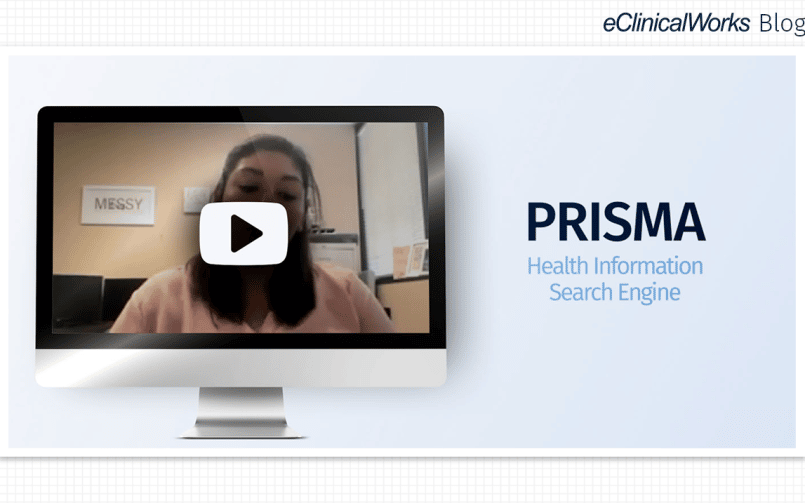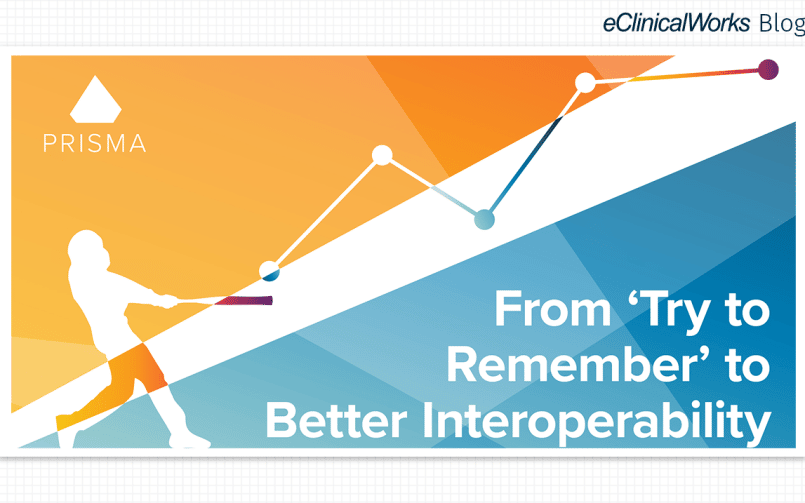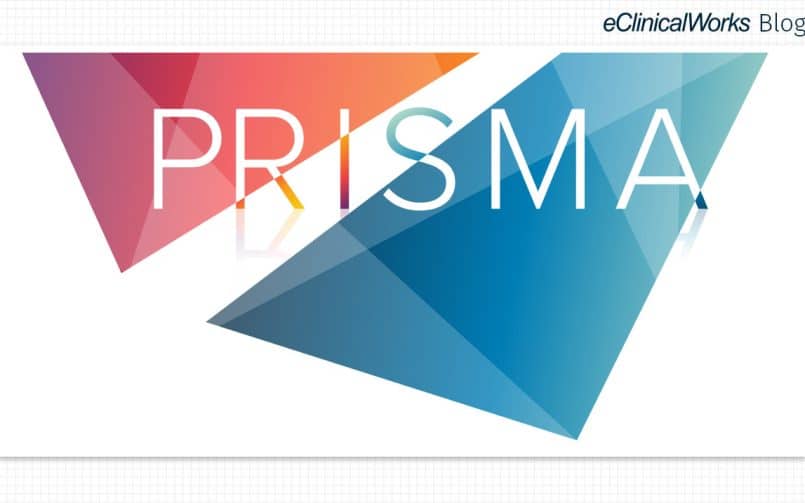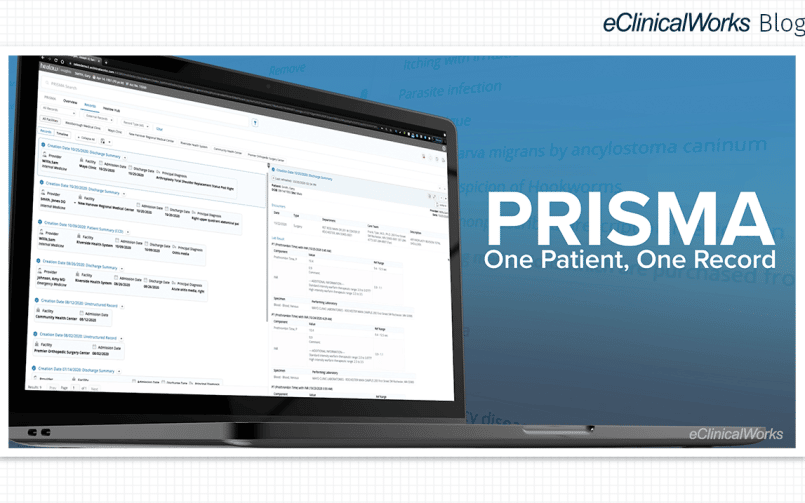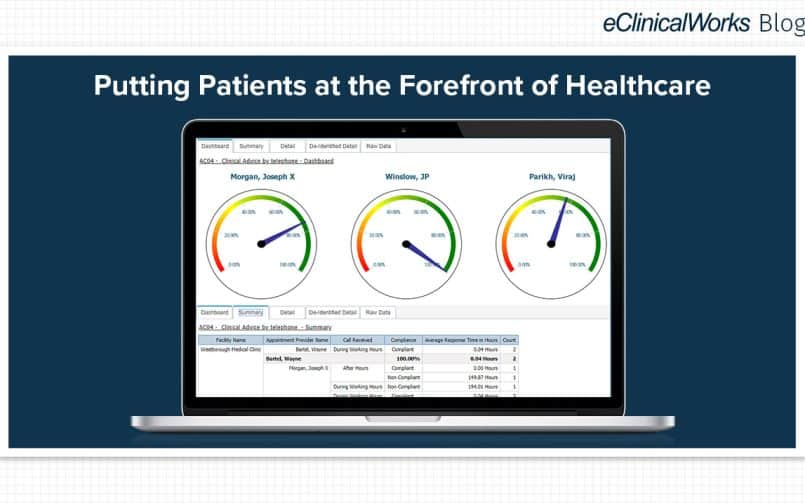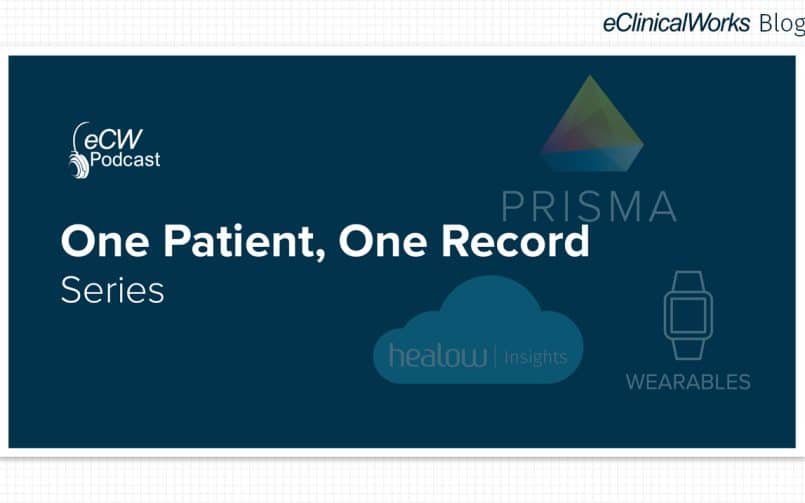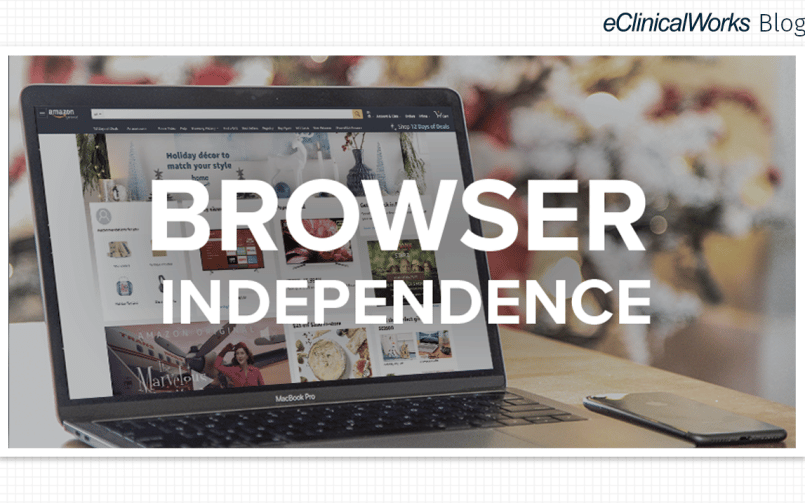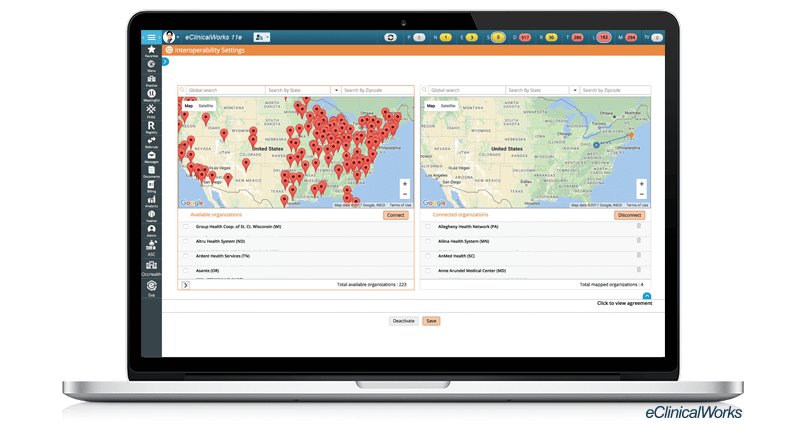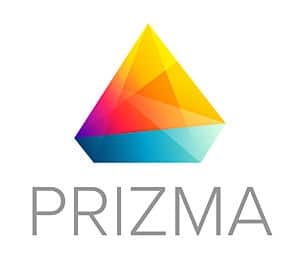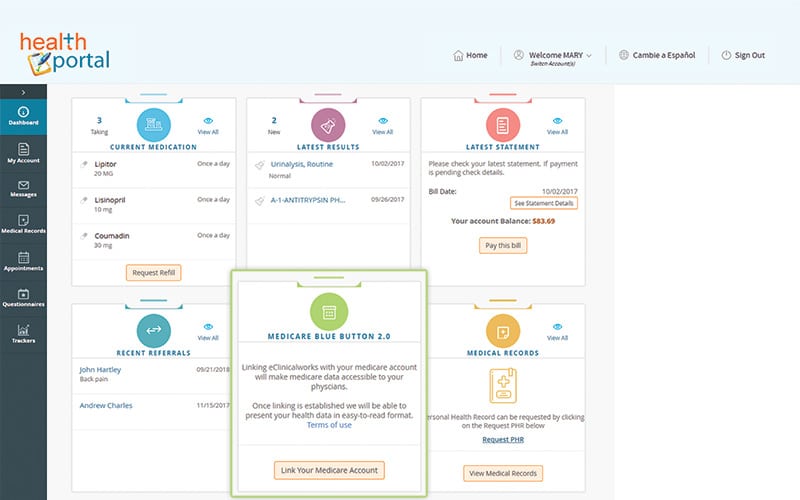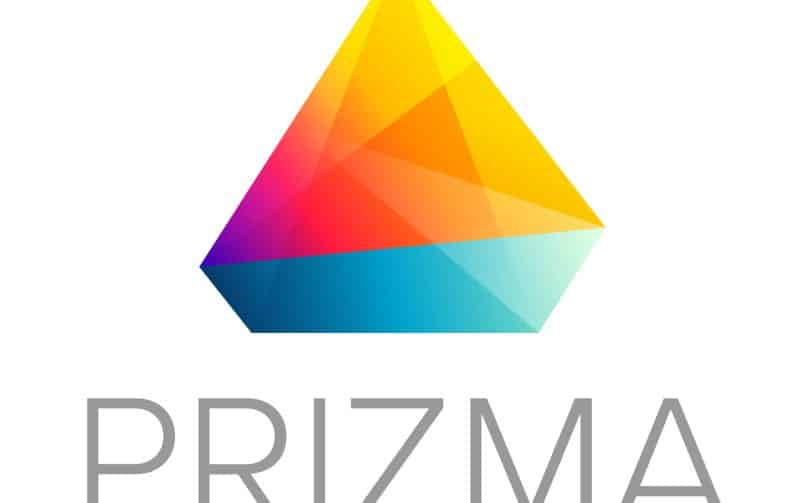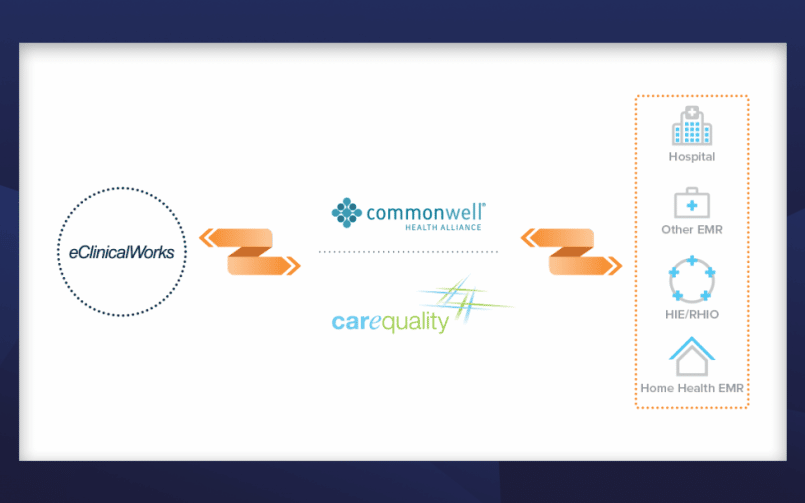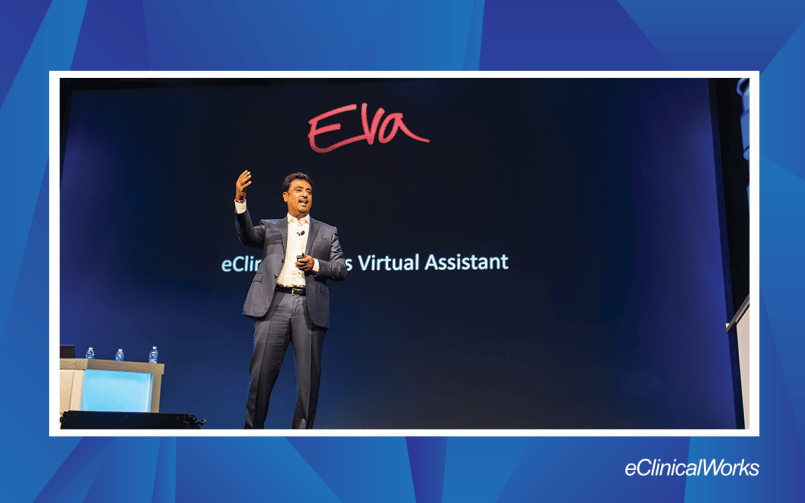PRISMA AI: Pioneering Value-Based Care Through Advanced Interoperability
- 1 March 2024
- Blog
eClinicalWorks

Advanced interoperability eliminates data barriers, facilitating seamless communication
For years, healthcare providers have struggled to access patients past medical records. Patients receive care from multiple healthcare facilities. Access to patients’ full medical history is imperative for effective routine or emergency care. They may be required at a patient’s usual point of care or a visit to a new location. Ideally, patients can recall their full medical history. However, providers should have access to patient information at the point of care.
PRISMA – A One-Patient, One-Record Approach
PRISMA, the industry’s first health information search engine, brings together medical records from small clinics to large hospital systems whose EHR systems participate in the Carequality® and CommonWell® Health alliance networks. PRISMA helps retrieve patient records at a point of care and directs providers’ attention to the most clinically relevant information.
Using keywords or abbreviations, providers can access a patient’s conditions, diagnoses, treatments, medications, and more in an organized timeline view. It is beneficial to new practices that lack patient records and large healthcare providers that may have extensive in-house records but may be unaware of the care their patients have received elsewhere.
PRISMA AI – Quick Access to a Patient’s Medical History
The new AI Assistant for PRISMA goes a step further and is making significant strides towards value-based healthcare delivery. In value-based care delivery, providers recognize that each person is unique and can experience improved health outcomes by focusing on person-centered, coordinated care. The new AI Assistant for PRISMA provides quick access to concise highlights of a patient’s complete medical history. It offers critical patient information and data in summarized bullets. For example, it can provide a two-page summary of a lengthy discharge document.
Texas-based family medicine clinic – Blue Bonnet Family Medicine Health and Wellness Clinic – reported they are able to see 10% more patients daily thanks to the time saved with PRISMA AI technology. Since implementing the new AI Assistant for PRISMA in October 2023, Blue Bonnet has saved an average of three minutes per patient encounter. This time was spent scrolling through complex and dense patient records from hospitals or other practices.
Benefits of AI in Enhancing Interoperability
Using AI in searching for a patient’s past medical records:
- Enables a better understanding of the patient’s medical history.
- Helps prepare the provider for appointments.
- Provides insights into treatment plans.
- Saves patients from additional questions and procedures.
By enhancing interoperability, AI ensures smoother data transitions and provides more efficient, effective, personalized care, all essential to value-based care delivery. Some key features of using AI to enhance interoperability are:
Streamlining Record Review
Different health systems produce different documentation. Even common sections can appear in a different order. When care documents are extensive, this can mean providers are sifting through hundreds of pages to find the section they’re looking for. With AI, providers can skip right to the information they need.
Reducing Administrative Burden
Access to key highlights of Progress Notes and discharge summaries from past medical records reduces administrative burdens, freeing providers to focus more on patient care.
Standardizing Data
AI can help standardize diverse data sets from different sources, making it easier for healthcare providers to access and use this information.
Improving Clinical Decision Support
By enabling easy access to needed information, AI can assist providers in making more data-driven and timely decisions.
To learn more about the new AI Assistant for PRIMSA, schedule a demo today!







